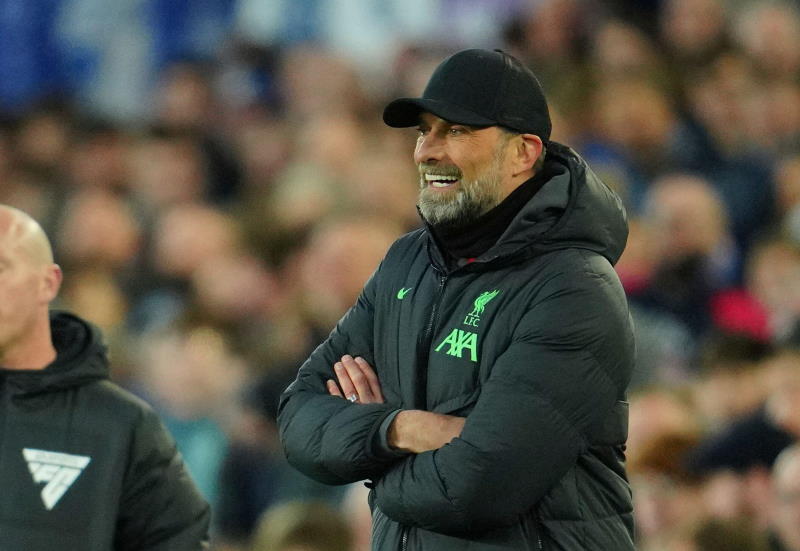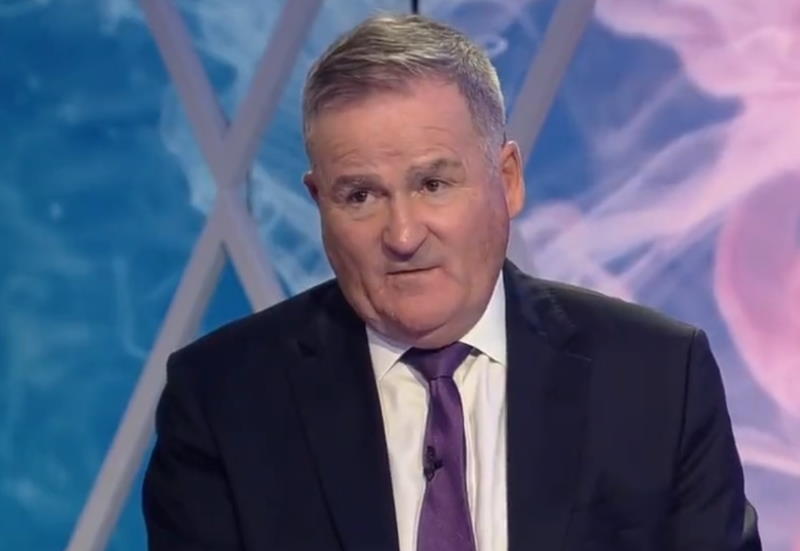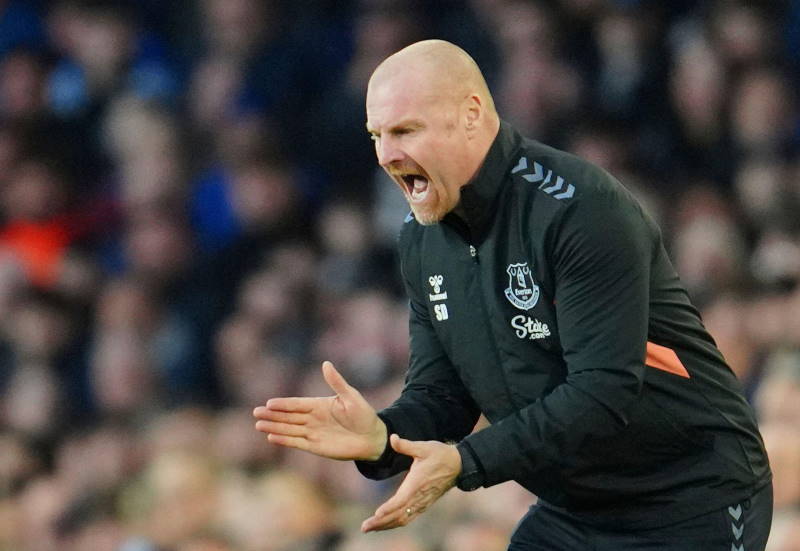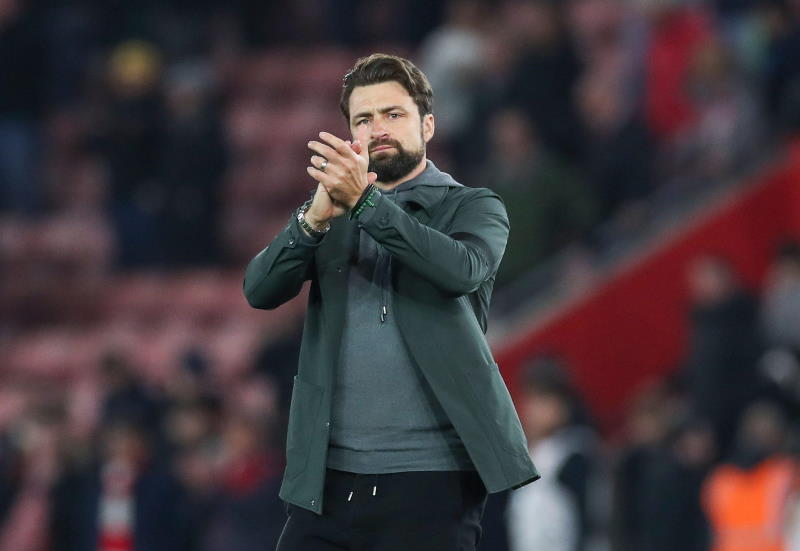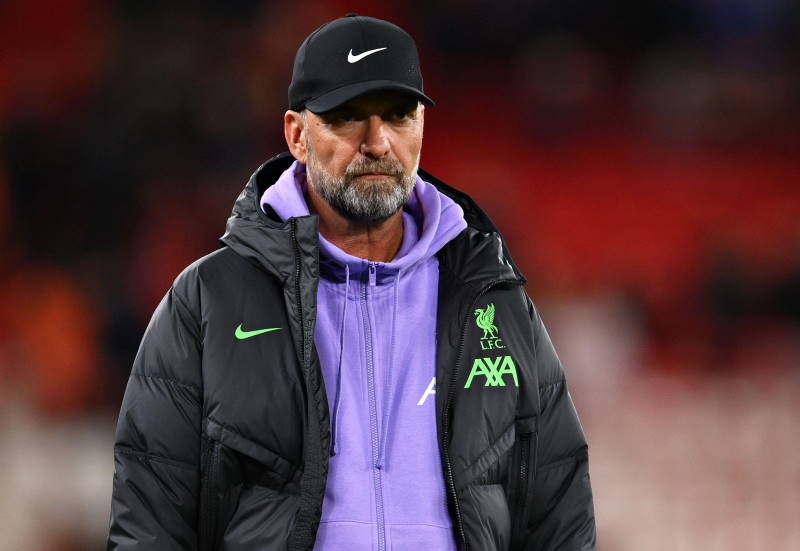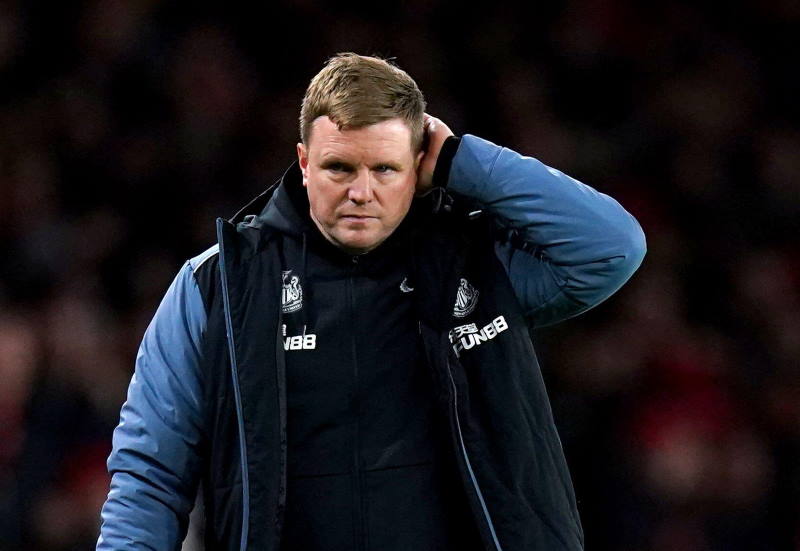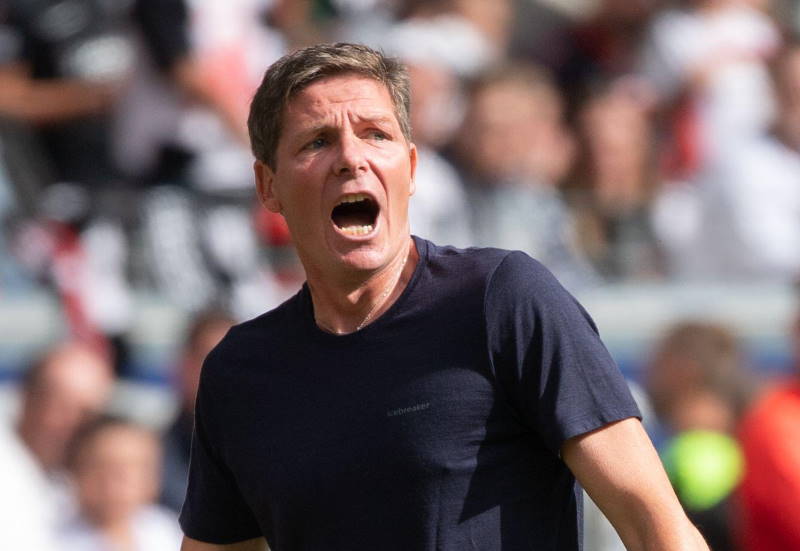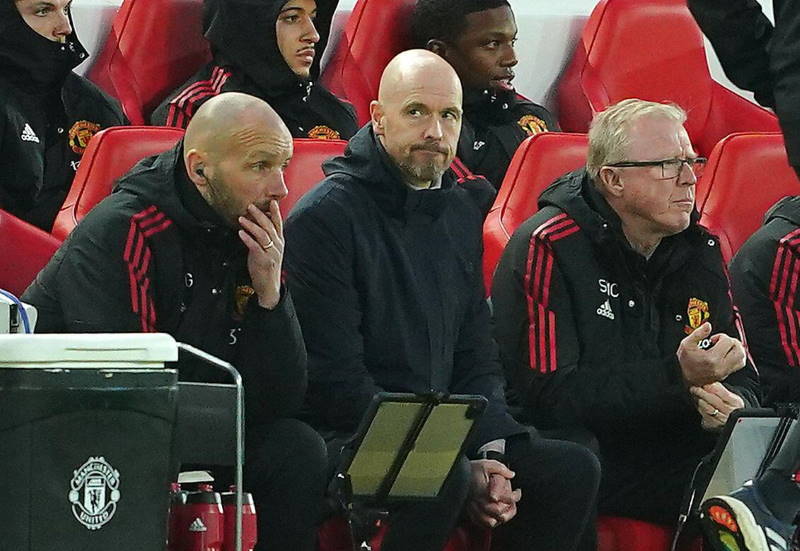
The English Premier League is barely twelve games old, yet the stars of the campaign are already taking shape. David Silva and Sergio Aguero at Manchester City; Luis Suarez of Liverpool; Chelsea’s Juan Mata; Tottenham Hotspur’s gem Luka Modric; and Wayne Rooney, in inspired form at Manchester United.
What is most interesting about these candidates is what they all have in common. They are small, they are slight, all but one come from far away, and many are playmakers. The kind of player that might have typically been associated more with Arsenal and their Barcelona-esque football.
Arsenal are as good an example of the importance of the playmaker, with both Cesc Fabregas and Samir Nasri lost in the summer. The Gunners’ defence is much maligned, but the statistic that none of their players have provided more than four assists so far this season tells a story of its own. Even Stoke City and Bolton Wanderers can count on players who have set up more than two league goals. Ironically, the team who have done most to bring a more continental style to England were left without a playmaker until Mikel Arteta was signed during a frantic deadline day.
The evidence of the increasing importance of playmakers is becoming clear. Manchester City have been praised for their style this season, but where Sergio Aguero has taken much of the credit for the Citizens’ performances, Silva has arguably been the side’s most significant figure. The Spaniard has set up a number of crucial goals and was pivotal to unlocking the tight defences of both Swansea and Everton.
For Chelsea, Mata has become key just two months into his Stamford Bridge career. Snapped up from Valencia in the summer, he forms a crucial cog in Andre Villas-Boas’ reconfiguration of Chelsea from a ruthlessly efficient team into an attacking, creative unit. Yet Mata was playing in Spain last season and five years ago the idea that a player of his ilk could make the transition to English football from La Liga so quickly would have been farfetched.
Mata is not the only one making a faster transition than his predecessors. Gervinho has settled in quickly at Arsenal, where once players such as Robert Pires and Thierry Henry took months to adjust. Similarly Yohan Cabaye has eased seamlessly into life at Newcastle – but perhaps crucially the Frenchman’s introduction to the Premier League saw him square up against Arsenal’s Aaron Ramsey rather than, in years gone by, a Vinnie Jones type enforcer. And Suarez has had little troubling adjusting to life on Merseyside after moving from Ajax in January.
Traditionally even the very best players, such as Henry, or Cristiano Ronaldo, have taken their time to adapt to the English game. Or in the case of Diego Forlan, never even managed to get to grips with the cut and thrust of Premier League football, instead fleeing to the physically less demanding La Liga. And these players were all more than six foot tall, too.
In the last few years though, stars moving to England from abroad are finding it easier than ever to make the transition to life in the Premier League: There are several reasons for this.
What foreign players traditionally find difficult about English football is the tendency to play long balls, and therefore to be forced to survive on scraps; balls falling in their vicinity for them to chase and make something of. A style of play with less possession gives players who are used to having the ball at their feet fewer chances to show what they can do; as such tactics give players less space, something English teams and players are used to. Foreign stars joining English teams who are not adept at creating space though, cannot thrive in such an environment, and therefore become more impatient and frustrated.
But when Suarez joined Liverpool and then Aguero moved to Manchester City, the pair found themselves in teams who were making space, trying to keep the ball, and play it into feet. Suarez had Raul Meireles behind, and Aguero was supplied by Silva.
Or course Ricardo Villa and Osvaldo Ardiles – the Argentines moved to Tottenham Hotspur in 1978 after a successful World Cup – showed that all of this was possible decades ago, but for most it was not such a happy experience. That Tottenham team, as with the Liverpool sides of the 1970s and 1980s, had a passing philosophy and tactical cohesion.
But in recent years an increasing number of teams have become more sophisticated tactically. It is not just the bigger sides. Everton have employed a number of such players; Arteta and Steven Pienaar. Fulham’s game has become more centred around using Danny Murphy as their playmaker, and teams such as Wolverhampton Wanderers and West Brom have players such as Matt Jarvis and Chris Brunt; perhaps not traditional ‘number 10s.’ but able to fill the same creative function. Even tiki-taka hating Queens Park Rangers boss Neil Warnock has Adel Taraabt to focus forward surges around.
It is arguably only Stoke City who still play a primarily physical, traditionally English game. Those teams promoted to the Premier League in the last few seasons (Wolverhampton Wanderers, West Brom, Newcastle, Blackpool, Swansea, Norwich, and more) have come up playing passing football.
This is a direct result of the improvement in quality of the Championship in recent years. The influx of money in the Premier League has trickled down into the second tier, and with it the end product and stadiums have improved. Average attendances are high in the Championship, and teams like Leicester City, Coventry City and Southampton among others have grounds fit for the Premier League; or any top league in the world, for that matter.
On the pitch, the Championship has increased its competitiveness, and as a result, those teams looking to win promotion need to have something extra. That something ‘extra,’ if the trend for teams being promoted playing passing football is taken into account, seems to be a penchant for an expansive, possession based game.
This is not to say that the physicality has gone from the English game. Players like Modric have a steely edge and competitive instinct and do not lack the stomach for the fight so often symptomatic of English football. Suarez, Aguero and Tevez come from countries, in Argentina and Uruguay, which have more than just have a tradition of skill and technique, also boasting commitment and competitiveness.
But there seems little doubt that the English game is changing tactically. The ‘number 10’ so pivotal to Argentine football, is now becoming an increasingly crucial part of the English game. Where once such a player was maligned and distrusted, now few teams can be seen without one.

